The initiative has sparked plenty of questions. Why offer extra perks to Ukrainians who can afford to pay for their tickets anyway? Why should the state subsidise everyone rather than just low-income citizens? Why not simply create a mechanism to inject subsidies directly into Ukrzaliznytsya — less flashy, but far more sustainable?
Although Ukrzaliznytsya, Prime Minister Yuliya Svyrydenko and the company’s supervisory board member Serhiy Leshchenko have been explaining the idea for several days now across various platforms, it’s still unclear whether this programme truly benefits everyone.
When asked for clarification, Ukrzaliznytsya told LB.ua it wasn’t yet ready to provide further details. So we decided to dig deeper ourselves — is this a genuinely useful initiative, or just another dose of populism at the taxpayers’ expense?
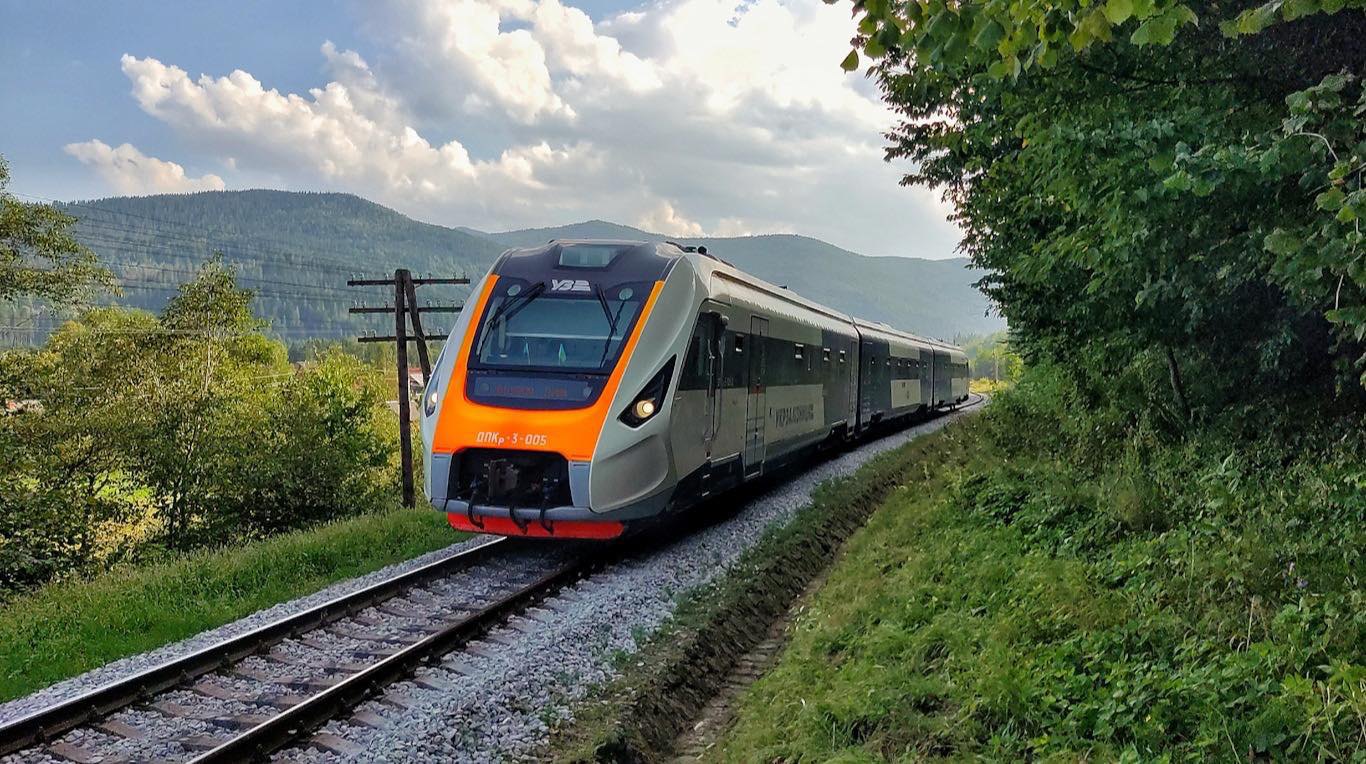
Only off-peak and to less popular destinations
After the high-profile announcement of the “3000 kilometres” programme, Ukrzaliznytsya offered some clarifications. The idea, they said, is to ease pressure during peak periods — many passengers are willing to change the date or even the month of their trip if it means a much cheaper fare. During low-demand months (for example, in February), the company can offer trips paid for in “kilometres” and carry an extra 200–250 thousand passengers a month — without increasing costs.
Passengers who don’t mind visiting relatives or travelling outside the busy winter holidays or summer season will have an incentive to do so, freeing up seats during peak times. And to popular destinations, these “free-kilometre” tickets will mainly apply to early-morning weekday trains, reducing demand for those coveted Friday-evening rides. In theory, this could give a boost to other segments of domestic tourism during the traditionally slow season.
The programme applies to long-distance, domestic routes only — not to the premium segment. It will be launched in parallel with the gradual introduction of a mechanism to partially compensate the real cost of passenger services. The cost of these “kilometre” journeys will also be offset by revenue from new services in the SV, first-class, and international categories.
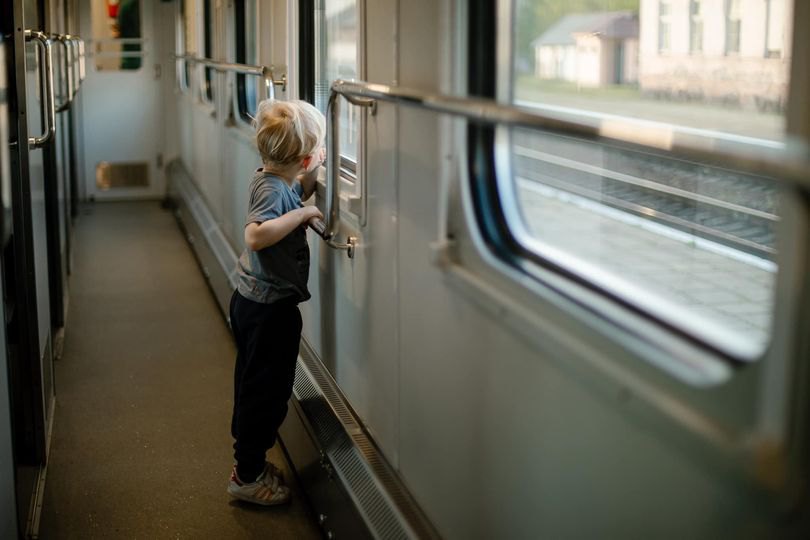
Overall, shifting towards state coverage of the actual cost of passenger transport will help improve Ukrzaliznytsya’s financial position and, in particular, preserve jobs. According to the company, this follows European practice and at the same time gives Ukrainians more opportunities to travel. As First Deputy Prime Minister Yuliya Svyrydenko and board member Serhiy Leshchenko insist, the state budget will not incur any additional expenses for this initiative.
In theory, the programme looks like a win-win. In practice, it’s “pure politics, populism” and “a perfectly legal money shuffle,” argues Volodymyr Naumov, head of the NGO Council All-Ukrainian Centre for Transport Infrastructure Reform. Essentially, people are encouraged to travel to the Carpathians not in winter for skiing, but in summer for mushrooms (though, as Naumov jokes, even in summer it’s hard to get a ticket that way). Each of those “mushroom tickets,” however, will still be billed to the state for reimbursement. Passengers are happy, Ukrzaliznytsya is happy — everyone’s content except the state, meaning taxpayers.
“Because if the trains are half-empty anyway, why not fill them — at the state’s expense,” Naumov quips.
Deputy Prime Minister Yuliya Svyrydenko mysteriously wrote on Telegram that the initiative “does not place additional strain on the state budget.” Yet how could it not, given that the Cabinet of Ministers has already earmarked ₴16 billion in the 2026 state budget to stabilise Ukrzaliznytsya’s finances?
And as Serhiy Vovk, director of the Centre for Transport Strategies, points out, this year alone the company has already received two tranches from the reserve fund — together totalling ₴13 billion. “Without those injections, Ukrzaliznytsya simply wouldn’t have had enough cash by October or November to cover operating costs, fuel purchases, and so on,” he explains.
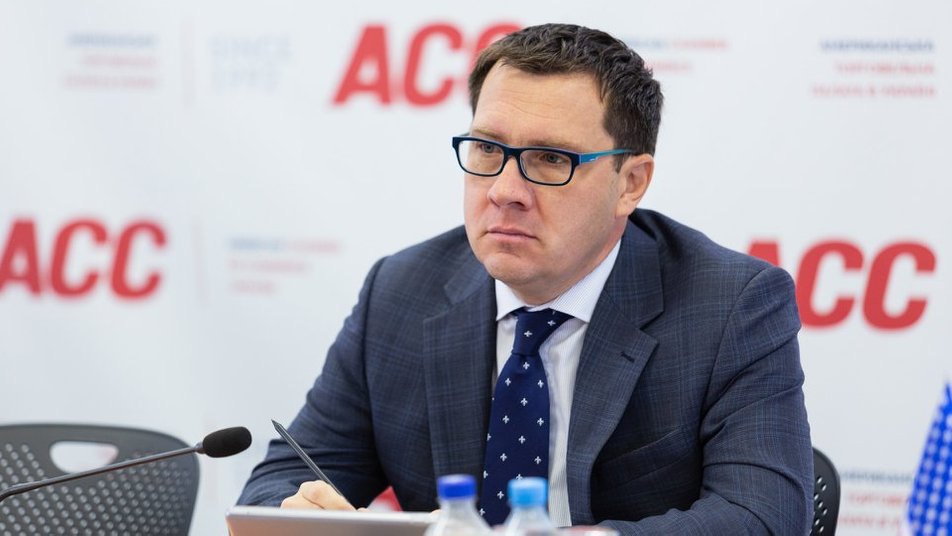
Next year, the government also plans to subsidise unprofitable routes, particularly in the passenger sector. “Everyone understands that a model of state support for the carrier must operate — and that’s a good thing. The 3,000 kilometres initiative is simply part of that model,” says the expert. What remains unclear, however, is why the government insists that subsidies and free trips are somehow separate lines in the budget.
Running on empty
Ukrzaliznytsya may be iron and unbreakable, famously punctual and running at full stretch — “We’ll get everyone there,” it often assures followers on social media — but in reality, the company is barely keeping itself afloat.
According to Yuliya Svyrydenko, to cover its actual operating costs, ticket prices would have to rise three- or even fourfold. “I think Ukrzaliznytsya wanted to come up with a more structured PSO model — that’s the Public Service Obligation framework used in Europe,” notes the head of the Centre for Economic Strategy.
And it’s about time. In 2024, Ukrzaliznytsya’s losses totalled ₴18 billion. “This year they’ll exceed ₴20 billion, and next year the forecast is around ₴25 billion,” says Serhiy Vovk. “Those are enormous sums.”
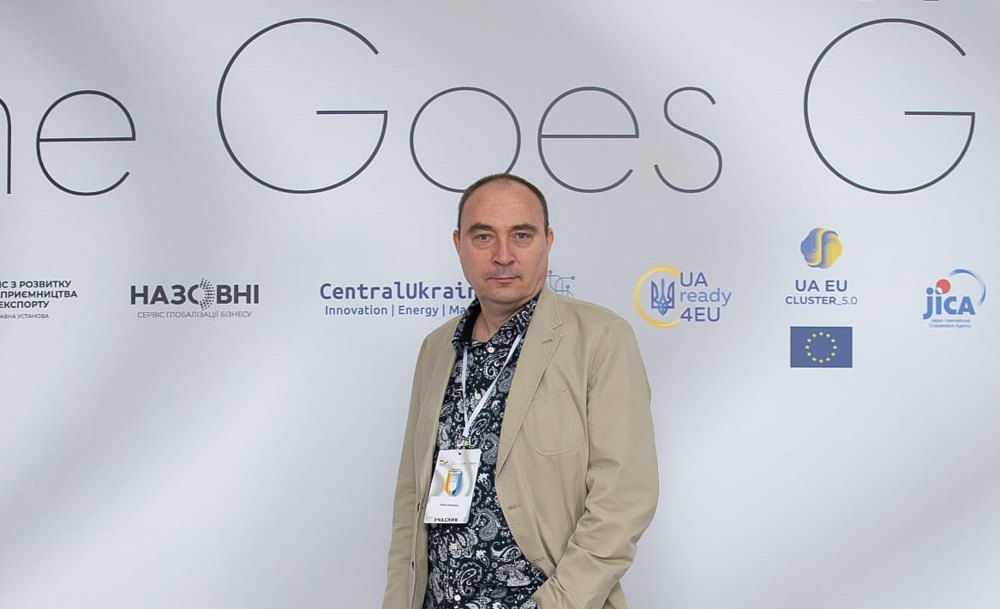
But this, experts note, is a perfectly normal practice — even in the EU — when states or regions subsidise public transport in exchange for social mobility, accessibility, and the fulfilment of public programmes.
“We’ve been subsidising loss-making enterprises like this for decades — billions of hryvnias every year,” says Oleh Hetman, coordinator of the expert groups at the Economic Expert Platform and an associate expert at CASE Ukraine. “Ukrzaliznytsya has always received subsidies and will continue to do so — whether the 3,000 kilometres programme exists or not.”
This approach isn’t unique to Ukraine or the post-Soviet world; it’s common in parts of Asia and even some European countries. Only the wealthiest nations in Europe — where the average monthly income per person is around €4,000 — can afford truly market-level ticket prices.
“In those countries, tickets might start at €100 or €200, and people are fine with that,” Hetman adds. “But for developing economies like ours, subsidising passenger transport is entirely reasonable.”
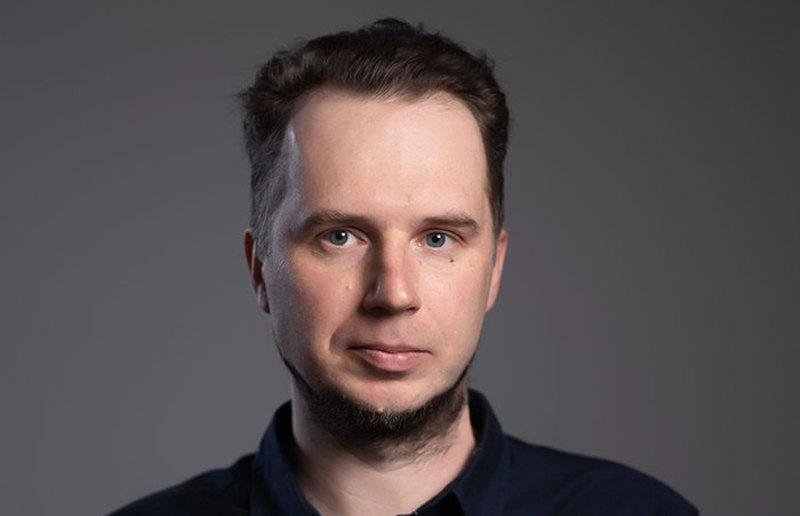
What’s wrong with the free kilometres
The only real problem, say experts, is the communication. “It’s a bit of a communist move,” says Hlib Vyshlinskyy, head of the Centre for Economic Strategy. “It would seem strange even in peacetime — and in wartime, it’s just out of place. I think they overdid it.”
“My first reaction was total confusion — probably because of how it was presented,” admits Iryna Kosse, an expert at the Institute for Economic Research and Policy Consulting. “At first, there were reports that Ukrzaliznytsya was in dire financial straits, and then suddenly — free train rides for everyone. It sounded bizarre until UZ came out with its crisis communication to explain the logic.”
They could have simply announced state subsidies for the railway quietly through UZ’s press service, without all the fanfare, says transport analyst Volodymyr Naumov. “The uproar only started because the announcement came from the president. If it had come from Ukrzaliznytsya directly, people would have just travelled and said thank you,” he argues. “But it was rolled out as a PR win for the president — a box to tick in front of the public. And after all the grand promises people have already heard, the reaction was predictably sceptical.”
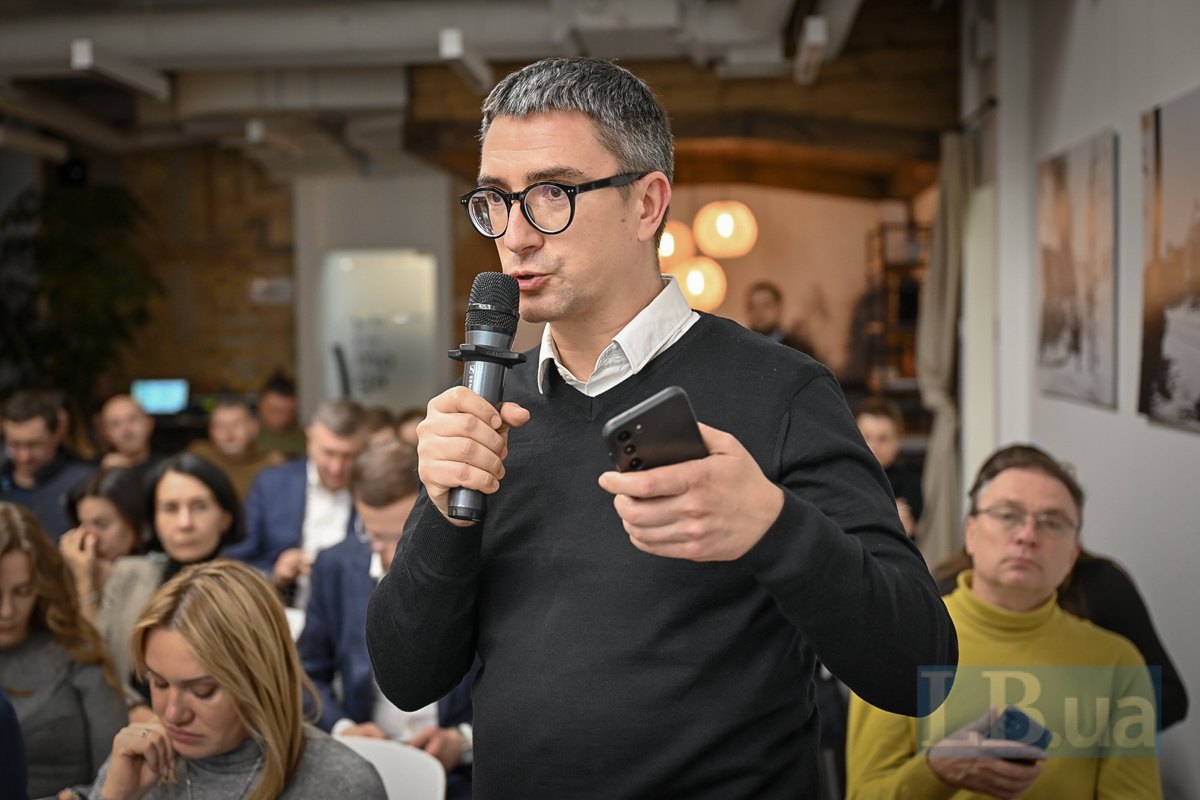
“I don’t think this was Ukrzaliznytsya’s idea. The president probably just wanted to say something nice to people — and, well, it turned out the usual way,” says Hlib Vyshlinskyy. “The government is just too far removed from what passengers actually experience. The president doesn’t sit there refreshing the site trying to snag a ticket. So when people who struggle to find one are told there are loads of empty seats that will now be handed out for free — they just roll their eyes.”
Most likely, “UZ-3000 km” is a veiled way to channel state funding into the railway — a form of Public Service Obligation (PSO) in passenger transport, suggests Iryna Kosse. “I think it would be better to simply be honest about it,” she says. “Tell people what financial state UZ is really in, explain that it needs support — and that we’re starting to fund passenger travel directly through the state budget as a separate programme.”
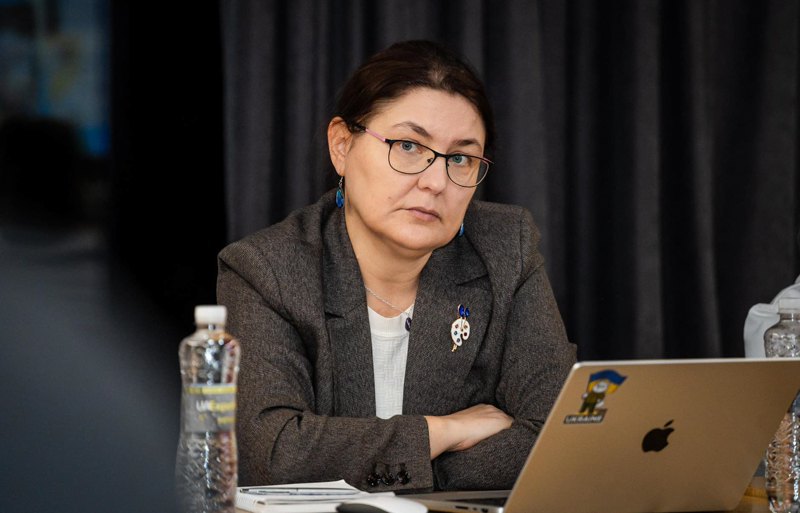
“It’s good that Ukrzaliznytsya finally managed to get through to the government about its problems — but it still hasn’t received a proper mechanism for subsidies,” says Volodymyr Naumov. “Taking eight billion from Kyiv’s budget and giving it to UZ — that’s not a system, that’s manual control. Once the prime minister changes, or something else shifts, the whole approach could change too.”
How railway workers see the initiative
“UZ is in deep crisis, and what does the government do? Gives everyone a free ride. I haven’t seen worse populism,” says Tetyana Verbovetska, head of the Railway Workers and Transport Builders Union in the Zaporizhzhya Region and chair of the station workers’ section.
Ticket prices were last adjusted in 2021. “People pay 600 hryvnias for a ticket and have no idea how many people are behind that — not just the station staff, conductor, and driver, but also dozens of specialists,” Verbovetska notes. “There’s laundry, fuel, communications, track maintenance…”
On the other hand, she adds, every Ukrainian does have the right to use those 3,000 kilometres — roughly the equivalent of a trip from Zaporizhzhya to Uzhhorod and back, costing around 2,000 hryvnias. “So if just 10 million passengers take advantage of it, UZ would need 20 billion hryvnias to cover the cost.”
Still, Verbovetska doubts the programme will actually work as planned. “Let’s be honest — who’s really going to travel off-season just because it’s free? Who would go now to Sumy or even Zaporizhzhya — yes, it’s beautiful here, but it’s scary. And try getting a ticket to Ternopil — even off-season you can barely grab one 20 days in advance.”
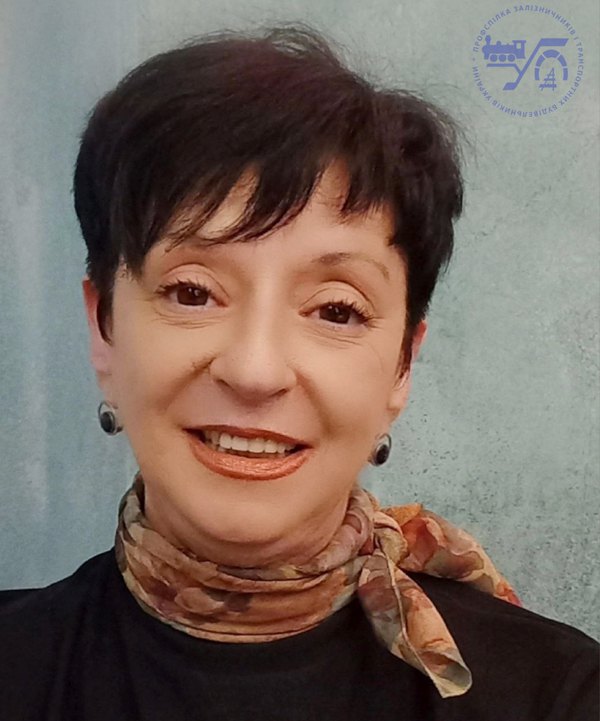
And if there are underloaded trains, there is no need to try to fill them artificially; simply reduce the number of carriages, as Ukrzaliznytsya usually did. ‘If a carriage is sold out or only 10% of seats remain, then sales for the next one will only open,’ says Tetyana Verbovetska.
There are concerns about whether the scheme will work
According to Yuliya Svyrydenko, the government is working on systemic solutions to support Ukrzaliznytsya and reduce the unprofitability of passenger transport. One such step will be a gradual transition to a model of public service obligations (PSO), where carriers are compensated for socially important routes.
In fact, this is how it should be: Ukrzaliznytsya receives funding from the state, which goes towards providing a minimum level of passenger service, says Hlib Vyshlinskyy. There should be a system in which, for example, state subsidies would be tied to the provision of a specific service — for example, transportation only in third-class carriages, only on lower-class trains.
‘And that would be the PSO that the railways pay for, because no one thinks that international trains or the flagship 91 train from Kyiv to Lviv should be accessible to everyone,’ says the economist.
The service that should be accessible to everyone is, for example, a trip once a year for a low-income family to visit relatives in another region for a reasonable price, explains the expert. It will not be the fastest train at the most convenient time of day, but this opportunity will be guaranteed by the state, and each ticket will be clearly counted so that it knows how much it pays for these conditional social tickets.
About 70% of Ukrzaliznytsya passenger routes are underloaded, with an average load of less than 75% per year, says Serhiy Vovk. 28% of all flights make up 80% of the passenger base. The rest can offer seats for travel under the new programme. It does not matter whether there are 10 or 50 people in the carriage — the costs of providing the service remain the same.
About 70-80% of Ukrzaliznytsya's expenses are for ongoing infrastructure maintenance and staff salaries.
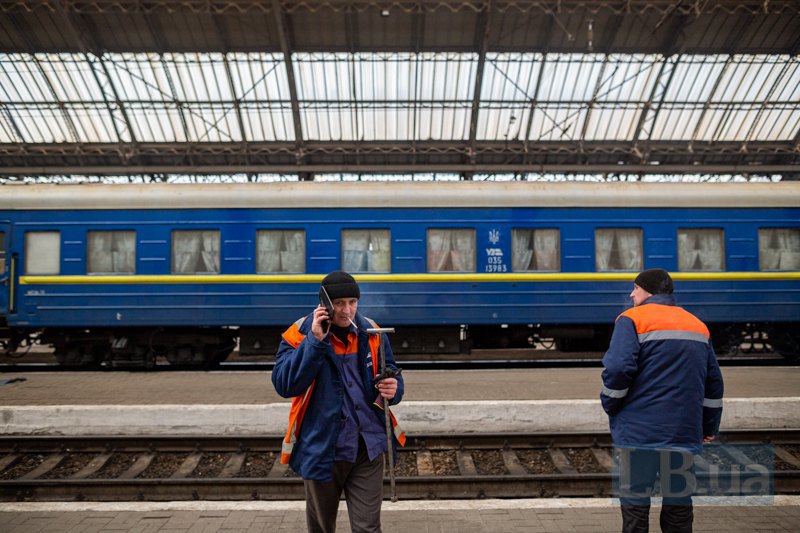
‘We still need to see how the programme will be implemented, but if it is really aimed at filling empty seats, the economic incentive may work,’ he says. ‘As research shows, including by Ukrzaliznytsya itself, ticket prices are currently very low, but they are a factor in Ukrainians' travel decisions.’
‘Why not use a dynamic pricing system, like airlines do, which sets prices according to demand? Even in this post-Soviet system, ticket prices already vary a lot,’ says economist Vyshlinskyy.
If there is already an intention to carry out reforms for serious changes. Kilometres vary in quality, so different mark-ups can be introduced. A more differentiated pricing system needs to be introduced, which will depend more significantly on the time of travel and the level of passenger comfort, says Serhiy Vovk.
‘The upper and lower shelves can cost differently, and this is just one example,’ he says.
In other words, there is a solution. ‘And when people say that ticket prices should be raised sky-high or that we should agree to free tickets, it seems strange,’ Vyshlinskyy is convinced.
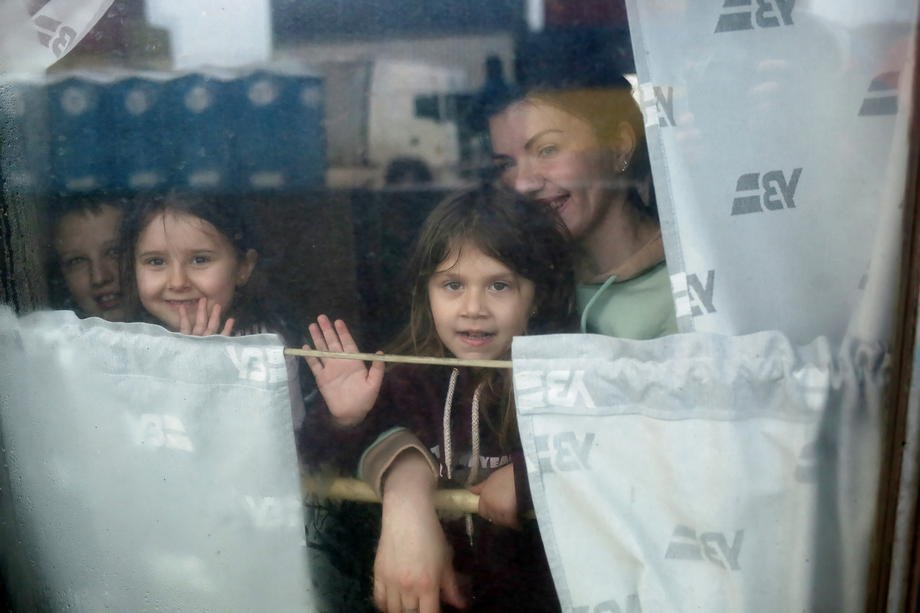
And for now – it’s ambiguous, says Oleh Hetman. Because if you give free kilometres to everyone instead of passengers paying, “that’s a terrible idea.” “We’ll only fully understand it once there’s an actual document,” he adds.
No calculations or figures have been shown yet, and it’s unclear whether Ukrzaliznytsya’s expenses will be covered by compensation or whether the programme will “pay off,” notes Iryna Kosse. “But I have concerns about this approach: if Ukrzaliznytsya announces, for example, that tickets on a certain train can be taken for free, I’m afraid people who were ready to pay won’t do so anymore – why would they?” she points out. And it’s unclear how either the state or the carrier would benefit from this.
The question is what the government is trying to achieve: if it wants to help low-income Ukrainians, then it would be better not to hand out free train rides but to provide targeted subsidies to specific groups, the expert believes. And if the goal is to support Ukrzaliznytsya, then direct funding would be a more effective way than such a programme.
Because it’s still unknown how many people would actually agree to travel off-season, to unpopular destinations, at inconvenient times, adjusting their plans just for the sake of saving money. Meanwhile, the railway would still spend tens of billions that would have to be reimbursed. “It seems the government wants to do both things at once, but combining them is very difficult,” says Iryna Kosse. “A complex control mechanism would be needed to make sure that only those who truly need it can use these free tickets.”
When the railway runs free evacuation trains, that’s understandable, says Tetyana Verbovetska. “That makes sense. But why should the company now provide such services to everyone indiscriminately?” she wonders.
People who really need to travel would go anyway – at their own expense – but now it turns out they’ll travel at the taxpayers’ cost, even though the state budget isn’t getting any bigger, adds Volodymyr Naumov.







